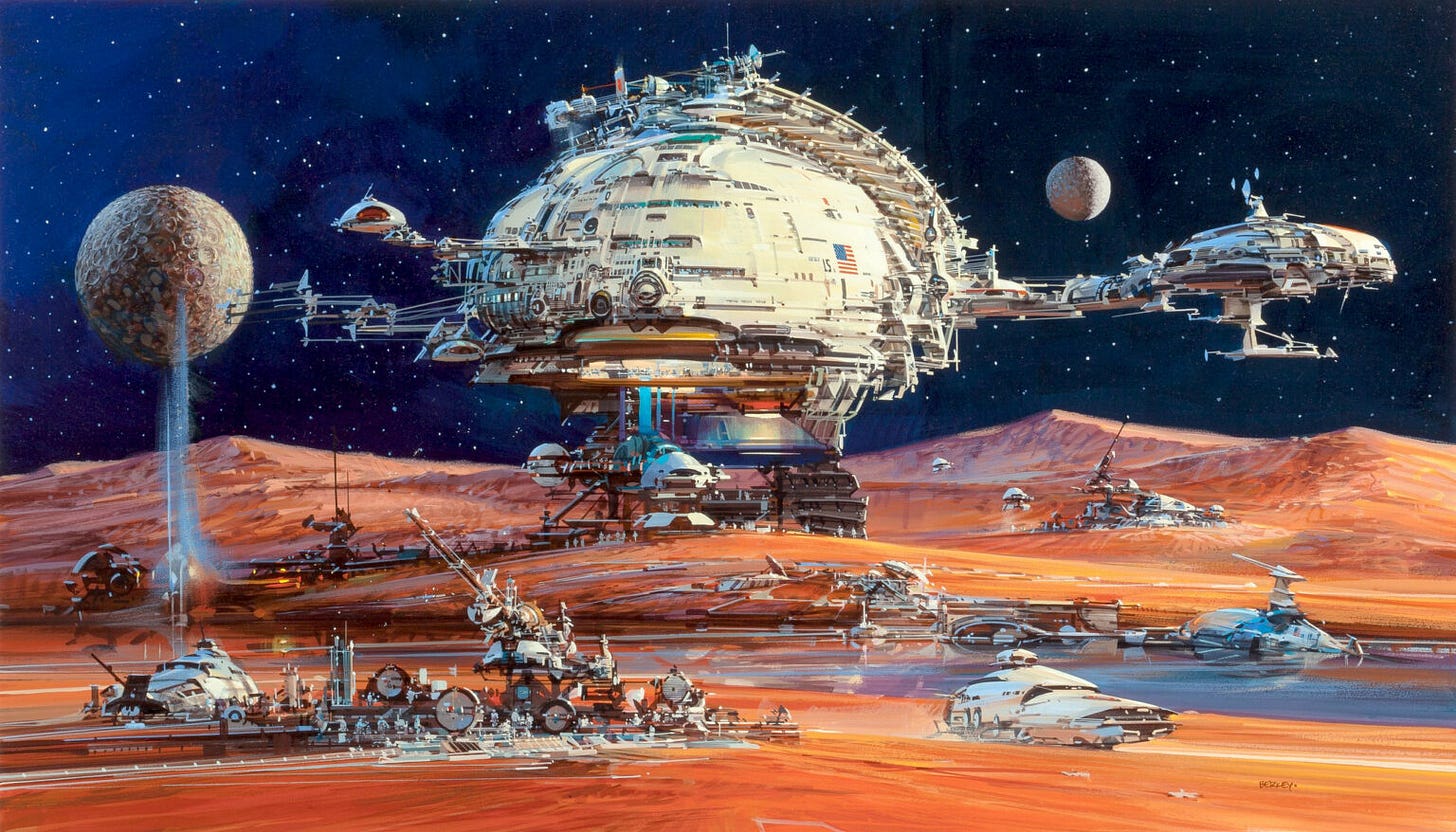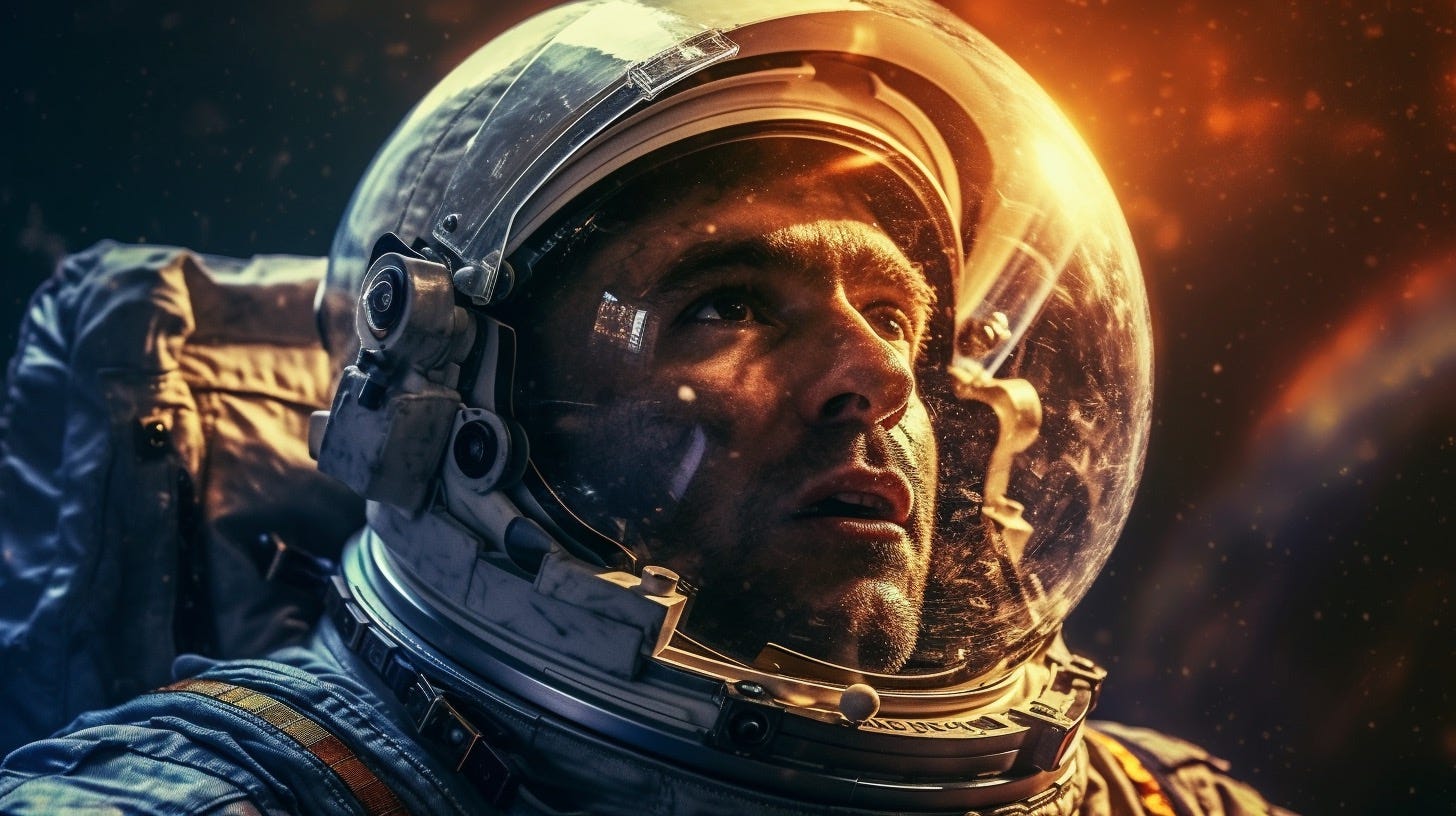Career Opportunities in Field of Space
Space is not just limited to astronauts and rocket engineers
The exploration of the expansive and enigmatic cosmos beyond our world has captivated human interest for a considerable time. Through space exploration, significant scientific insights have been gained, paving the way for captivating and demanding careers in the realm of space science. With the continual progress of technology and the growing enthusiasm for space exploration, the array of career possibilities in space science is expanding at a rapid pace.
Space encompasses a broad spectrum of disciplines that extend beyond astronauts and rocket scientists. It offers a multitude of career opportunities across various fields. From engineering and research to communication and policy, the space industry provides diverse avenues for professionals with a range of skills and interests.
Here are some of the key areas which one can look for to pursue a career in space science:
Astronomy and Astrophysics
This field involves studying celestial objects, such as stars, planets, galaxies, and the universe as a whole. Careers in this field include research astronomers, astrophysicists, observational astronomers, and cosmologists.
Space Exploration and Mission Design
This area focuses on designing and planning space missions, including spacecraft design, mission planning, and instrument development. Careers in this field include mission planners, spacecraft engineers, mission designers, and mission control specialists.
Planetary Science
Planetary scientists study planets, moons, asteroids, and other planetary bodies. They analyze their composition, formation, and evolution. Careers in planetary science include research scientists, geologists, and planetary geophysicists.
Space Technology and Engineering
This field involves the development and implementation of technologies for space exploration. Careers in space technology and engineering include spacecraft engineers, propulsion engineers, systems engineers, satellite designers, and instrument technicians. As it is a vast field, here is a brief description about each of them:
Spacecraft Design and Development: This field involves designing and developing spacecraft, satellites, and related systems. Careers in spacecraft design and development include spacecraft engineers, systems engineers, propulsion engineers, and structural engineers.
Mission Planning and Operations: Mission planners and operators are responsible for planning and executing space missions. They coordinate activities such as launch schedules, trajectory calculations, and mission control operations.
Payload Development: Payloads are the instruments and experiments carried on spacecraft for specific missions. Careers in payload development include payload engineers, instrument scientists, and payload integration specialists.
Spacecraft Navigation and Control: This field focuses on the guidance, navigation, and control systems of spacecraft. Careers in spacecraft navigation and control include flight dynamics engineers, mission analysts, and attitude control specialists.
Spacecraft Manufacturing and Assembly: This field involves the manufacturing, assembly, and integration of spacecraft and their components. Careers in spacecraft manufacturing include technicians, assemblers, quality control specialists, and manufacturing engineers.
Space Systems Integration and Testing: Space systems integration involves assembling, integrating, and testing spacecraft and their components. Careers in this field include integration and test engineers, environmental test technicians, and quality assurance specialists.
Propulsion Systems: Propulsion engineers are responsible for designing and developing rocket engines and propulsion systems used in spacecraft. Careers in propulsion systems include propulsion engineers, combustion scientists, and rocket engine technicians.
Satellite Communication and Ground Systems: This field involves designing and operating communication systems for satellites and establishing ground stations. They ensure reliable transmission of data, voice, and video signals between satellites and ground stations. Careers in satellite communication and ground systems include communication systems engineers, ground station operators, and network engineers.
Spacecraft Operations and Mission Control: Mission control personnel are responsible for operating and monitoring spacecraft during missions. Careers in spacecraft operations and mission control include mission controllers, flight directors, and spacecraft operators.
Spacecraft Data Analysis and Science: This field involves analyzing data collected by spacecraft and conducting scientific research. Careers in spacecraft data analysis and science include data scientists, research scientists, and space physicists.
Spacecraft Software Development: Spacecraft software developers create and maintain software systems used for spacecraft operations and control. Careers in spacecraft software development include software engineers, embedded systems engineers, and software testers.
Astrobiology
Astrobiology is the study of life in the universe. It involves investigating the origin, evolution, and potential for life on other planets. Careers in astrobiology include astrobiologists, exobiologists, and researchers studying extremophiles.
Space Medicine
Space medicine focuses on the health and well-being of astronauts during space missions. Careers in this field include space physicians, biomedical engineers, and researchers studying the effects of microgravity on the human body.
Remote Sensing and Earth Observation
Remote sensing professionals use satellite imagery and data to study and monitor Earth's surface and atmosphere. They work on applications such as climate monitoring, disaster management, agriculture, and urban planning. Careers in remote sensing include remote sensing scientists, data analysts, and GIS specialists.
Space Policy and Law
Space law and policy experts deal with the legal and policy aspects of space activities. They work on issues such as international treaties, space governance, intellectual property rights, and commercial space regulations. Careers in space law and policy include space lawyers, policy analysts, and government affairs specialists.
Space Education and Outreach
If you are passionate about sharing your knowledge and inspiring the next generation, then this is the one for you. Educators and science communicators play a crucial role in promoting space science and inspiring the next generation. They develop educational programs, deliver public outreach activities, and engage in science communication through various media. Careers in space education and outreach include educators, science communicators, and public outreach coordinators.
Space Tourism
With the emergence of commercial space tourism, there are opportunities in providing space tourism experiences, managing spaceports, and ensuring the safety and comfort of space tourists. Careers in space tourism include spaceflight operations managers, customer experience specialists, and safety officers.
These are merely a handful of illustrations showcasing the wide array of career prospects within the realm of space. The space industry is constantly progressing and transforming, and it is anticipated that additional avenues and areas of expertise will emerge, presenting even more captivating and rewarding opportunities for those who have an interest in this dynamic field.
Hope you liked this post. If you feel we missed out on something, please let us know in the comments below.





